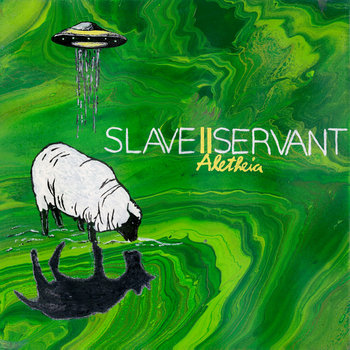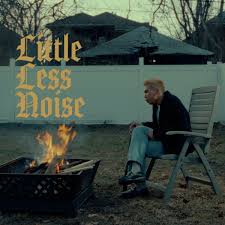The Mind of Jake Paul: Shane Dawson’s Series Leaves Viewers Wanting More
November 8, 2018
YouTube personality Shane Dawson uploaded the first episode of his eight-part documentary series, “The Mind of Jake Paul,” on Tuesday, Sept. 25. His multi-part series followed Disney Channel and vine star, turned YouTube celebrity, Jake Paul.
Paul is well known by his young fan base for his energetic video blogs [vlogs] and stunts done by himself and other members of his talent group, Team 10, according to an article written for Forbes by Megan Hills.
Controversy began surrounding Paul after his ex-girlfriend and previous Team 10 member, Alissa Violet, spoke out about possible abuse she endured throughout their relationship in her video, “What you’ve been waiting for.” He also also gained significant attention from traditional news sources, such as KTLA, after receiving multiple complaints from neighbors.
Paul’s antics and stunts are what originally attracted Dawson to make him the subject of his next documentary series. With his focus centered on sociopathy and how the illness may be affecting internet personalities, like Jake Paul, Dawson vowed from the beginning of the series to hold Paul accountable for his actions and discover his true motives.
Sociopathy isn’t a new concept to the mental health world and is often referred to as antisocial personality disorder. As sociopaths are most well known for their lack of remorse and destructive behaviors, Dawson had immediately made an uneducated assumption on Paul’s mental stability. Sociopaths tend to go unnoticed by the public. As much as 4 percent of the population or 1 in 25 people possess such characteristics, Bill Eddy said in an article on Psychology Today.
As Dawson centers his documentary series on whether or not Paul is truly a sociopath, an underlying question becomes clear having viewers wondering whether the social media platform is to blame or the influencers themselves.
Dawson initially proposed the idea that Paul is not the only sociopath vicariously living through his YouTube persona. He highlights how sociopathic tendencies can sometimes lead to success and fame online.
“Putting ourselves on camera all the time, being so open on camera all the time, having conventions with our name in it. There has to be something,” Dawson says in the first episode.
Dawson suggested that not all YouTubers post the same content as Paul but are able to watch him and see unsettling similarities between Paul and themselves. The shared drive to constantly feel the need to top oneself was a trait Dawson felt he shared with Paul.
“I knew I had so many things in common with you, I just had this weird gut feeling,” Dawson says to Paul in episode 6.
In piecing together what makes a sociopath and how to spot one, Dawson was quick to realize that sociopathy and narcissism can commonly be seen amongst several social media influencers.
“Most YouTubers are attention-seekers. We want attention. We thrive off of it. And the best way to get attention, and to especially get new people to pay attention, is drama” says YouTube gossip reporter Keemstar in Dawson’s latest episode.
Dawson concludes his series without fully answering his initial question on whether or not Paul is a sociopath. Instead, he acknowledges the competitive, money-driven motives many YouTubers face and suggests that his conclusion may be the start of a more productive topic of discussion.
Dawson leaves unanswered questions regarding who beyond the YouTube community may possess sociopathic traits in day to day life. It’s more than possible people we have relationships with in our families, in groups of friends and even in power could be just as destructive and deceitful as sociopaths we see on TV and in the media. The most disruptive part is that a sociopath may not be uncovered until it is too late.

















